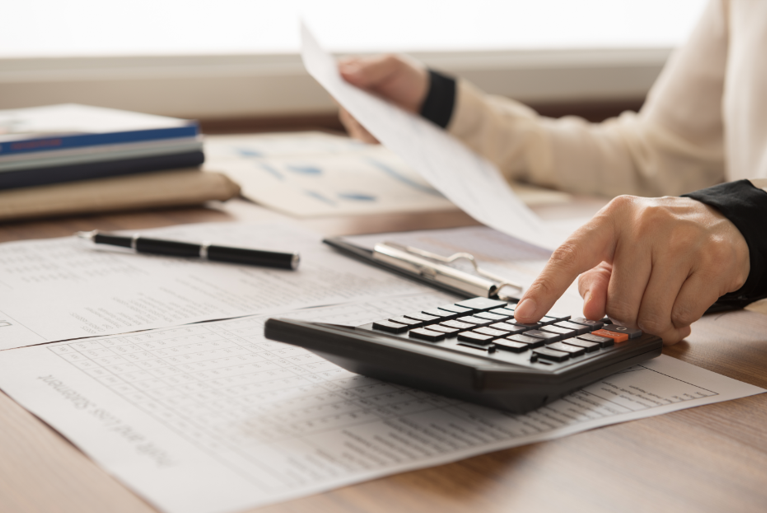By Cogger Gurry
•
November 13, 2025
Start Your Year-End Payroll, Tax And Employee Leave Planning Now The end-of-year holiday period can be make or break for your business. Whether you’re gearing up for a rush or planning a shutdown, the key is early planning for payroll, tax and super, alongside careful compliance with workplace laws. Start by checking whether any year-end paydays will fall on public holidays or during your closure. If so, you’ll need to bring the pay run forward so staff are paid before bank cut offs, and tell employees about any temporary date changes in writing. While the ATO generally allows lodgement and payment on the next business day when a due date falls on a weekend or public holiday, that doesn’t extend to paying wages late. Report each pay run through Single Touch Payroll (STP) on or before payday, including any brought forward payments you’re processing before year-end closure. Keep your PAYG withholding and BAS lodgements on track. If you’ll have difficulty meeting due dates, contact your tax adviser and the ATO early to discuss options. Don’t overlook super guarantee (SG) contributions on wages and paid leave taken over the break; annual leave and public holiday pay are part of ordinary time earnings for SG purposes. October to December quarter super must be received by employees’ funds by 28 January, so pay early to allow for bank processing times and so you don’t trigger the SG charge, interest, penalties and loss of deductibility. If you provide year-end bonuses or staff gifts, process bonuses through payroll and withhold tax, and consider whether FBT applies to functions or presents. The minor benefits exemption may cover low cost, infrequent items, but good records are essential. Remember that full-time and part-time employees who would normally work on a public holiday are entitled to their base rate for ordinary hours if they don’t work. You can ask employees to work public holidays, but requests must be reasonable and employees can refuse on reasonable grounds. If they do work, apply the correct penalty rates or time off in lieu under their award or agreement. Where a public holiday happens during an employee’s annual leave, it counts as a public holiday, not a leave day. For holiday shutdowns, you can only direct employees to take annual leave if an applicable award or registered agreement allows it, usually with advance written notice. Where staff don’t have enough leave, many awards allow leave in advance or unpaid leave by agreement; make sure to document any agreement in writing. Check whether leave loading applies to annual leave taken over this period, and ensure your payroll system calculates it correctly.









